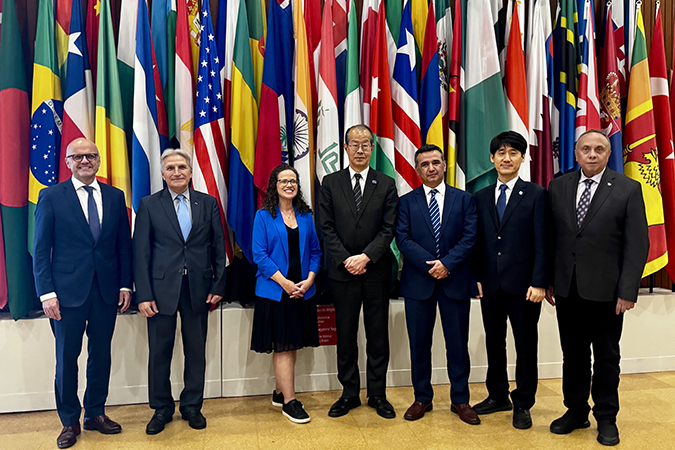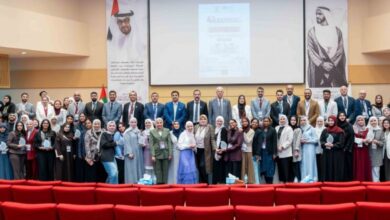Yutaka Michida Re-elected as Chairperson of IOC/UNESCO – University of Tokyo News

Project Professor Yutaka Michida from the Atmosphere and Ocean Research Institute at the University of Tokyo has been re-elected as Chairperson of the Intergovernmental Oceanographic Commission (IOC) during the 33rd Session of the IOC/UNESCO Assembly. This assembly took place at UNESCO headquarters in Paris from June 25 to July 3, 2025. His new term is expected to last approximately two years, concluding at the next ordinary session of the Assembly, which is scheduled for late June 2027.
The IOC, established in 1960, functions as an autonomous organization within UNESCO. It is the sole United Nations entity dedicated to promoting intergovernmental cooperation in ocean research, observation, data exchange, and support for developing nations regarding ocean-related issues. Currently, the commission has 152 member states.
Professor Michida has made substantial contributions to marine science and policy. Under his direction, the IOC advances various initiatives, including the Global Ocean Observing System (GOOS) and the action plan for the United Nations Decade of Ocean Science for Sustainable Development (2021-2030).
Intergovernmental Oceanographic Commission (IOC) Overview:
- Founded: 1960
- Member States: 152
- Executive Council: Comprises 40 countries as of June 2025
- Decision-making Bodies: The Assembly convenes biannually, while the Executive Council meets annually
- Executive Secretary: Vidar Helgesen (Norway, as of June 2025)
- Mission: The IOC aims to enhance scientific knowledge and management of the world’s oceans through international cooperation, holding specific powers to promote marine scientific research.
Since the IOC’s inception, Japan has actively participated, holding a seat on the Executive Council and offering both personnel and financial support for numerous ocean-related initiatives.
As Professor Michida resumes his role as Chairperson, his experience and leadership are expected to be crucial for advancing global understanding of oceanic issues and promoting sustainable development practices.
(Source: University of Tokyo News)




